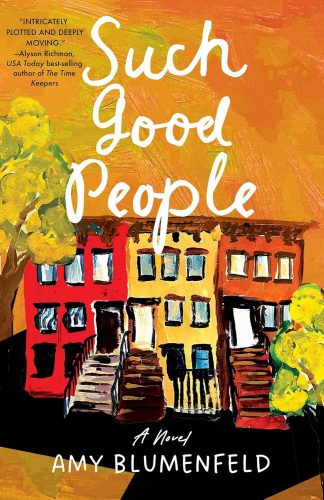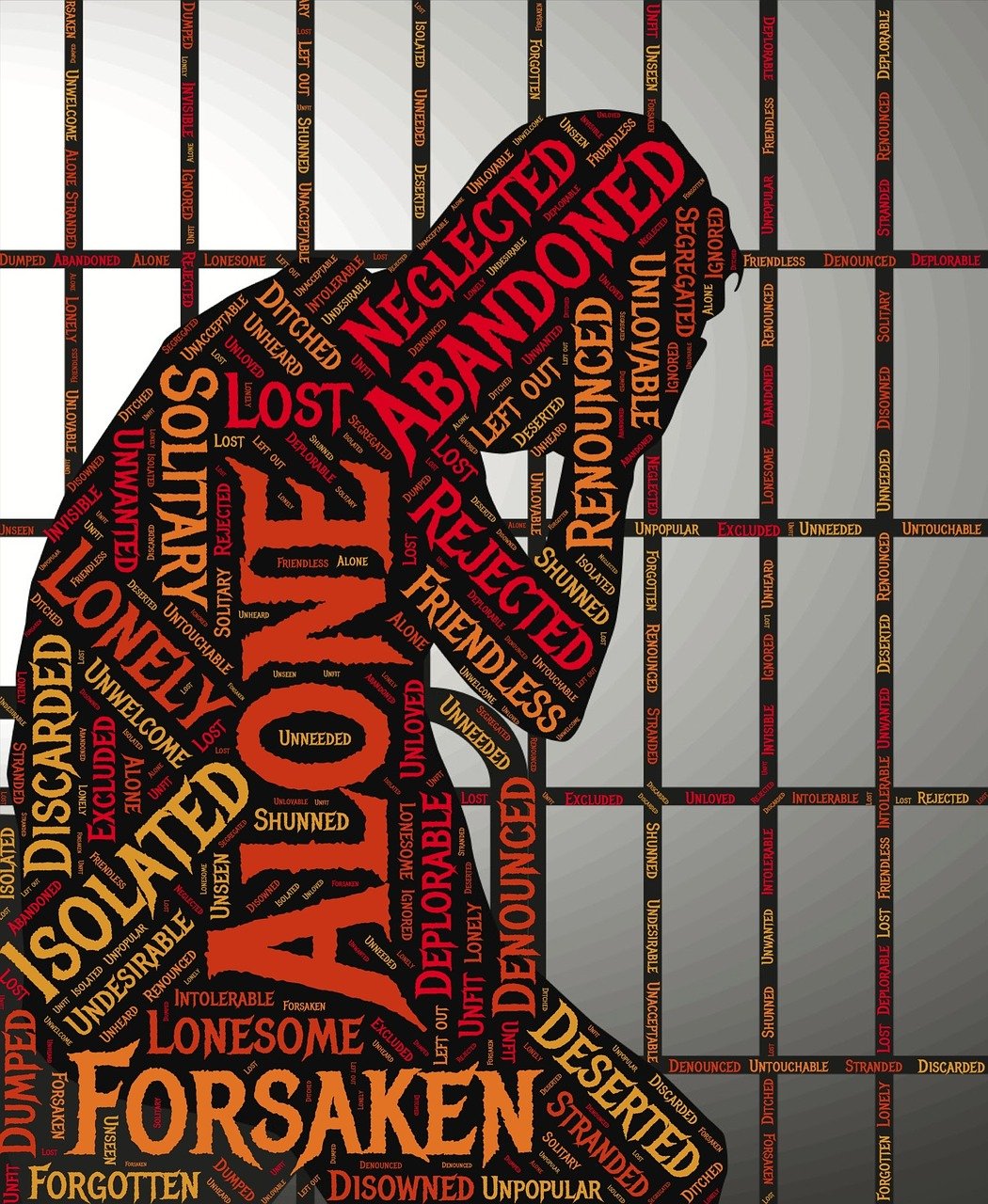 When Justice Fails
When Justice Fails
Author: Amy Blumenfeld
Being at the wrong place at the wrong time can cost you everything. That’s what happened to Rudy. It cost him his future, his family, his friends, his life. Fifteen years later, Rudy is still in prison, labeled a murderer. But his case – and its discrepancies – is resurfacing again, brought about by the very same journalist who turned him in for a career starting story.
Meanwhile, Rudy’s lifelong friend, April, continues to remember him, to stay loyal. She’s worked tirelessly with charities that focus on reacclimating prisoners. She’s tried to devote her life to it. But she fell in love. She had children. She still remembers what Rudy sacrificed for her, how her invitation cost him his freedom, but she is middle class and happy now, part of a yoga mom group. Her husband, Peter, is up for election to a local Office. The guilt is still there – will always be there – but she has moved on, despite her best wishes. But with Rudy’s story in the press again, her involvement in the long-ago murder is coming back, and it might cost her this second chance, this new life.
Such Good People oscillates from past to present, unspooling Rudy and April’s story. At the same time, we hear snippets narrated from each character: from April, who thinks that to stay loyal she has to sacrifice herself; from Peter, who cannot understand his wife’s silence, her refusal to answer simple questions; to Rudy, who is shocked by his sudden parole and return to a life he nearly forgot; and finally to Jill, the journalist who started it all and who is, only now, looking in-depth into the story.
Despite the multiple narrators, we spend most of our time with April – the least passionate and most prosaic of the bunch. From Peter we get rage and betrayal, and from Jill the excitement for a story. But from April we get a strange emotionless vortex, meant to portray the lasting nature of survivors’ guilt. The real story is not with her or her mixed emotions, but in Jill’s unraveling of the past, in the glimpses we get back in time of what really happened and what led to it. April herself, despite the purported emotions, remains inaccessible and ultimately bland.
As does, shockingly, Rudy. He narrates very little of his own tale, and when he does speak, it’s to remark on the sudden shock of new freedoms post jail. Like the ability to have a good meal, to wear different clothes. These are poignant, but the bigger story, his emotions towards April, his fear and bitterness and anger, is all hidden. One could say it’s not there at all.
The only really vibrant emotions here are Peter’s. His chapters shake with rage as he worries about his political career and as he doubts his wife’s intentions. Yet he is a minor character, one unimportant to the ultimate tale.
Where the power is in Such Good People then is in the outline of the events themselves and the deeper questions about our system – guilt and innocence – that the narrative brings. It makes us think, and it makes us curious too. What did really happen, who was hiding it, and why? How did this confluence of events create the perfect storm. Should Rudy have carried that knife anyway? Intellectually, we’re curious and invested. Emotionally – we’re a bit blasé.
We needed more insight into the characters’ depths to get involved from the heart. Mentally, we’re with them, but we wonder why they hold back. There seems to be more, a deeper level, further up and in, and the novel really, really wants to go there. It just doesn’t. And then it ends. It’s all a bit anticlimactic. We want to see Rudy raging at the lost time. We want to better understand April and Rudy’s friendship, which seems intact despite 15 years of not talking. We want to see the sadness and the ugliness of it, but the characters cover that up, keep it to themselves, and despite the whirlwind surrounding them, they seem oddly detached.
Such Good People has a great premise, it just needs to let the characters be free to feel and tell their own story. Some walls need to be broken, some polite, stiff-upper-lips crumbled. This story has a heart, pumping blood and agony, if only we could get closer to it. Recommended, but it didn’t reach its potential.
– Frances Carden
Follow my reviews on Twitter at: https://twitter.com/xombie_mistress
Follow my reviews on Facebook at: https://www.facebook.com/FrancesReviews
- Book Vs Movie: The Shining - April 6, 2020
- Thankful For Great Cozy Mysteries - December 13, 2019
- Cozy Mysteries for a Perfect Fall - October 20, 2019



